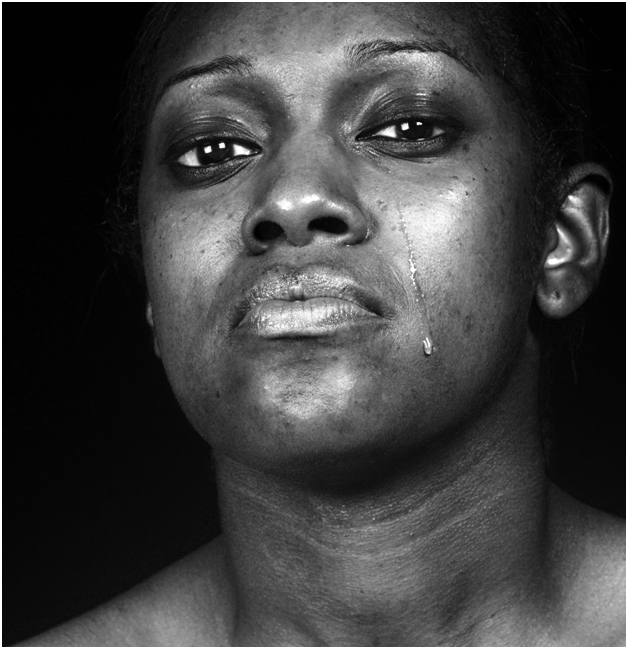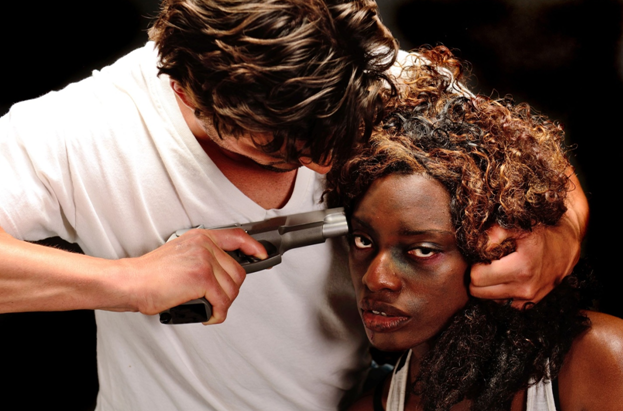Although recent headlines have sparked a lot of controversies and energized the global dialogue on domestic violence and abuse, the black community remains silent. Unfortunately, their lack of response doesn't mean black women are not battered or abused. On the contrary, they experience sexual abuse and physical violence at a higher rate than whites, Asians, or Latinos - it's just that African American women willingly choose to keep such matters private.
This state of affairs is further aggravated by the lack of interest of authorities in the specific problems of communities of color. Neither the Violence Against Women Act (VAWA), nor current community programs are properly addressing the ‘cultural, spiritual, and immigration status needs' of victims of color. In fact, it is obvious for Rita Smith, the Executive Director of the National Coalition Against Domestic Violence, that "Reports from these local communities to their national representatives has made it clear for some time that victims who are Latino, African American, Asian and Native American have not been served adequately by mainstream programs."
In order to bring the painful truth to light, the civil and human rights organization Black Women's Blueprint has conducted several studies that revealed how 60 percent of black women are abused by their intimate partner before reaching the age of 18 - a tremendous increase from the 40 percent rate established seven years earlier. A Forbes article further reveals that for every white woman who goes to the police to report sexual assault, at least five women do not file a report against their attacker. And yet, for every black woman who reports a rape, at least fifteen keep silent about theirs.
Why Are Black Women Keeping Silence?
In order to address domestic violence against black women in a manner that understands their culture and respects their values, it's essential to comprehend why are they refusing to go to the police to report abuse. While some of the reasons are pretty obvious - racial discrimination and classism, as well as a generalized distrust in authorities - others are not readily available.
According to social psychology reports, African American women have the "tendency to withstand abuse, subordinate feelings and concerns with safety, and make a conscious self-sacrifice for what she perceives as the greater good of the community, but to her own physical, psychological and spiritual detriment." By remaining silent, African American women believe they are protecting their families and not betraying their community, convinced of the fact that not talking about abuse is a way of dealing with it.
No matter why they choose to keep matters private, the fact remains: sexual abuse is a life-altering experience, with long-term effects and traumatic consequences. Victims of rape often experience guilt, anxiety, phobias, substance and alcohol abuse, sleep disorders, alienation, aggression and sexual dysfunction. They are three times more likely to suffer from depression and six times more likely to develop post-traumatic stress disorder. Suicide is often the chosen way to end their suffering.
One way such organizations are planning to address and solve this issue is by advocating for language that specifically allots funds for fighting domestic violence in communities of color to be added to current legislation. Although VAWA allocates ‘grants for outreach and services to under-served populations', there is no race-specific language included in the act, given that the federal law strictly prohibits government fund allocation based on race.
The upgrades advocates are hoping to implement would emphasize less the need for law enforcement resources and more the importance of educating the members of the community about sexual abuse prevention. It would also prosecute not only rape and aggravated sexual assault, but also physical and verbal violence. The reauthorization of VAWA to include racial language will hopefully educate black men about sexual abuse and will greatly improve the lives of women of color who suffer violence at the hands of their partners.
Andrew Weisberg is a criminal defense attorney in Chicago, Illinois. A former prosecutor in Cook County, Mr. Weisbergis a member of the Capital Litigation Trial Bar, an elite group of criminal attorneys who are certified by the Illinois Supreme Court to try death penalty cases. He is also a member of the Federal Trial Bar. Mr. Weisberg is a sole practitioner at the Law Offices of Andrew M. Weisberg.









